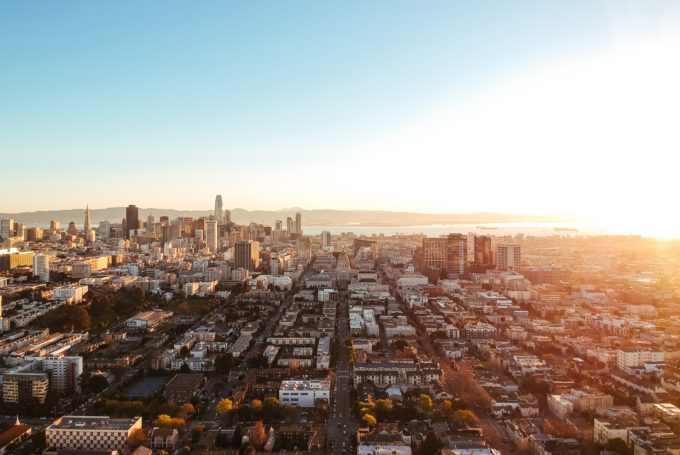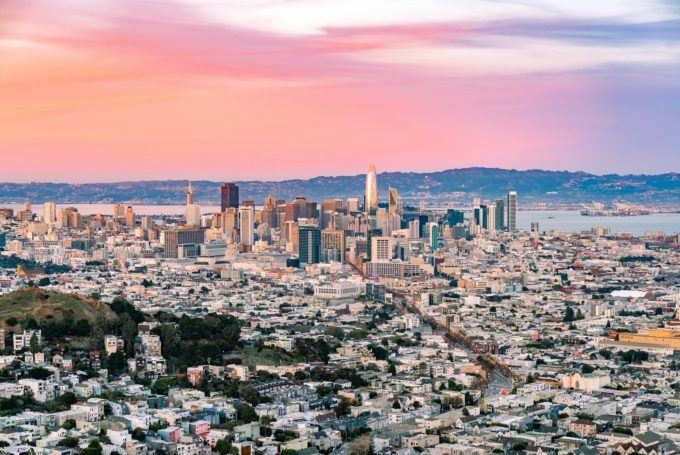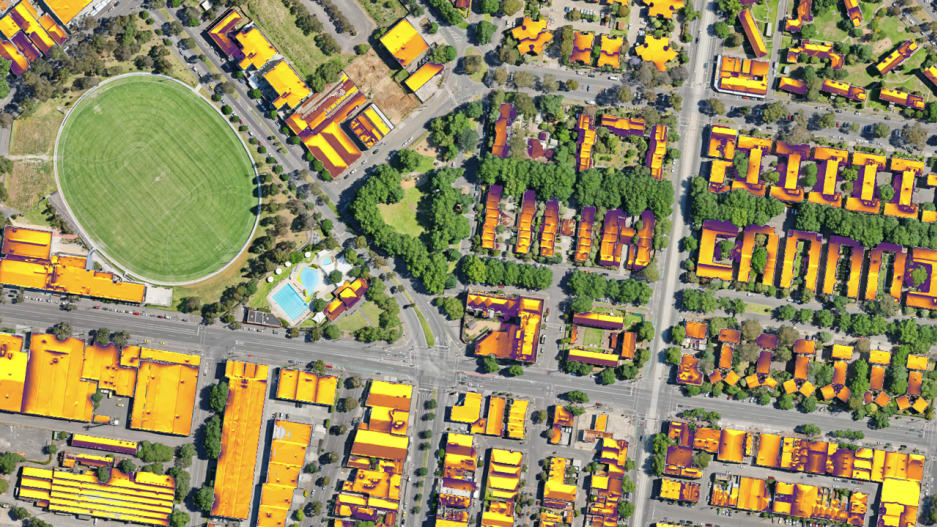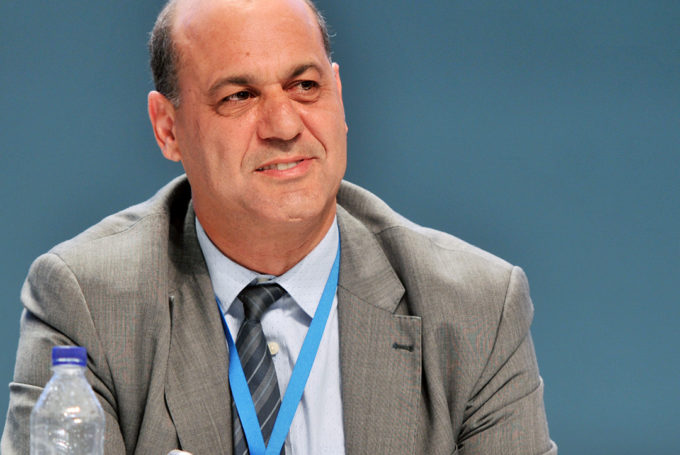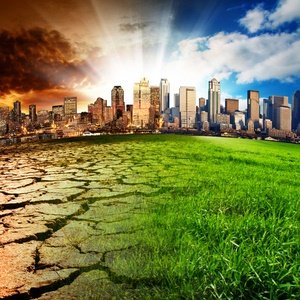Raising Ambition: GCoM Releases Impact, Data Reporting Standard, and New Tool at Global Climate Action Summit
The Global Covenant of Mayors for Climate & Energy announced that the collective impact of current commitments made by cities and local governments around the world have already exceeded 1/3 of global city potential in 2030[1]. To ensure these commitments are met, GCoM is launching groundbreaking measures and tools on data management that will help cities tackling climate change, bringing them closer to reaching the Paris Agreement goals.
